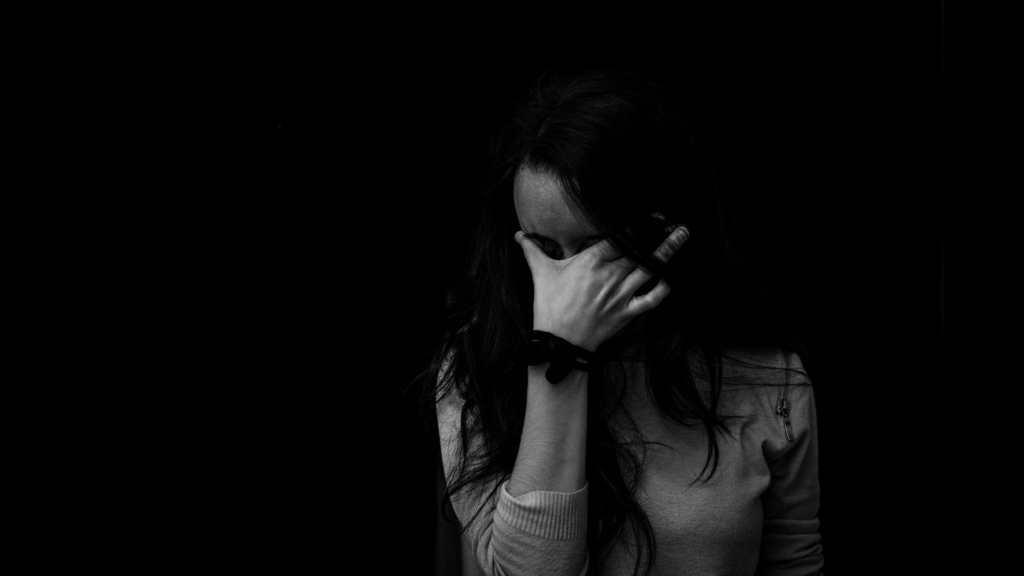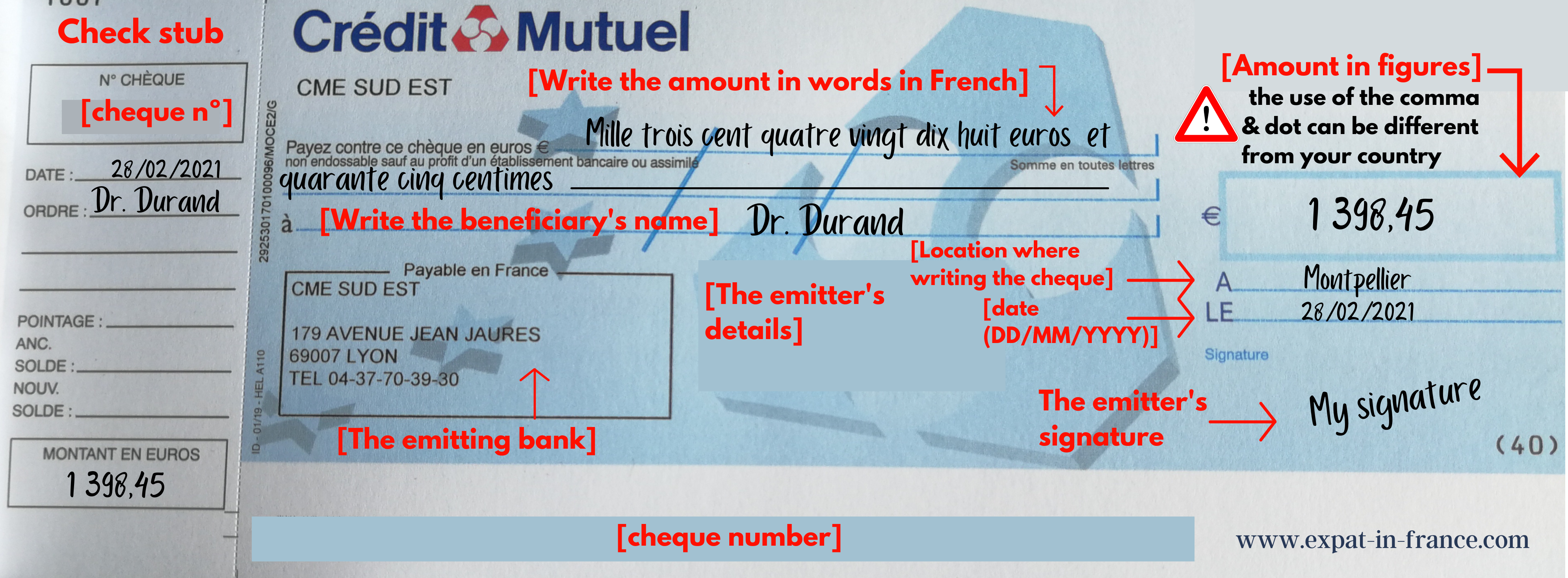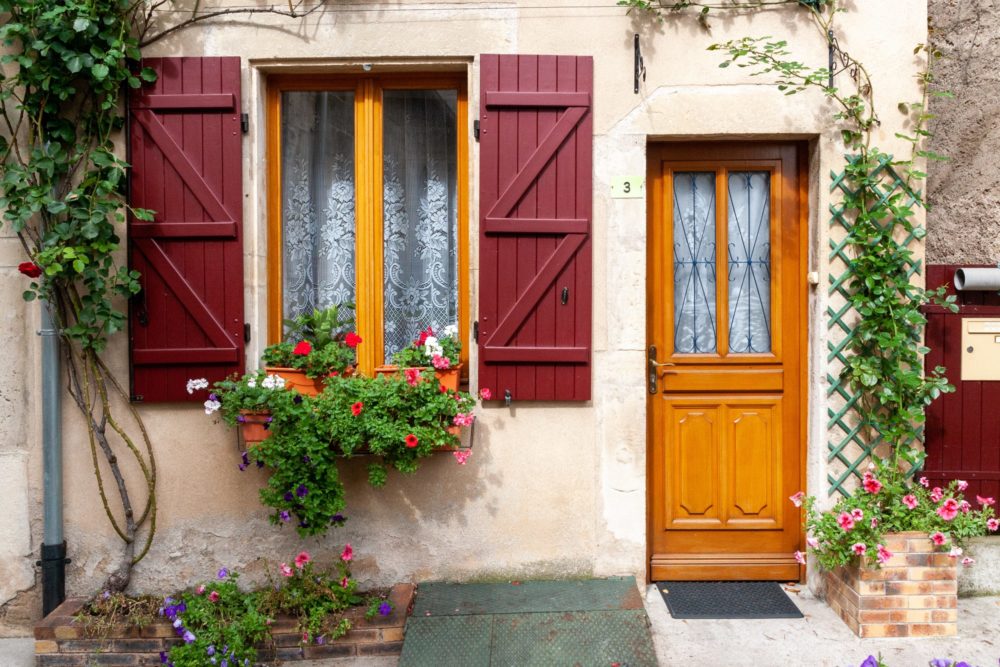Have you ever needed emergency assistance abroad? An emergency is stressful enough but it is even more in a foreign country and a foreign language. So it is better to be a bit prepared. Know the France emergency numbers in case of an emergency!
I once used the emergency medical numbers in Ireland after I thought I had a broken ankle…it ended up being a simple… sprained ankle!!!
I was 19 years old, and I wasn’t prepared at all! I had no idea what the emergency numbers were, and where the closest hospital was. Thankfully, my flatmate was aware of those essentials! This taught me to check these 2 things when settling in a foreign country: the main local emergency numbers and the closest hospital!
There are 3 numbers to know in France.
I would stick to those plus an extra one for non-French speakers.
INSIDER TIP: Pin a list on your fridge that all the family can see and memorise in case of emergency. Better to be prepared than be caught off guards! Isn’t it?
Table of Contents
#15: SAMU (Ambulances and emergency services)

In case of a medical emergency, if you need immediate care, this is the number to know by heart and call!
CAUTION – this is only for serious medical emergencies!
You will speak to a doctor who will determine the course of action that fits your medical situation. If you need to be transported to a hospital, you will get SAMU ambulance services.
Not to be confused with ambulance services outside of a medical emergency, private ambulances will be dispatched. For instance, after being hospitalised but this will usually be at your cost depending on your complementary healthcare.
In this case, you can also request to have a lighter medical transport (véhicule sanitaire léger), similar to a medical taxi without all the medical equipment that is present in an ambulance.
INSIDER TIP: If you have a medical condition or take regular medicine, learn the basic phrases in French to explain it.
When should #15 be called?
In the event of serious medical situations such as:
- A loss of consciousness (perte de connaissance ou malaise)
- Coma (coma)
- Haemorrhage (hémoragie)
- Chest pain (douleur thoracique): this could be a heart attack (crise cardiaque)
- Breathing difficulties (difficultés respiratoires), especially when having asthma or heart issues
- When stopping breathing (arrêt respiratoire)
- (Food) poisoning (Intoxication, empoisonnement),…
INSIDER TIP: There is the alternative SOS Médecin (house call doctors). They are a great alternative to the SAMU for minor medical cases and also for children’s medical care when going out could worsen a strong seasonal flu for example.
The number varies from one region to another, but you can find it easily on the Internet by typing your “SOS Médecin + Your city”.
The consultation price will go from the basic 35€ on working hours up to 85€ for night assistance. And the reimbursement usually is calculated based on the basic fee, depending on your complementary health insurance. The doctor will ask for your Carte Vitale or your EHIC if you have one.
#17: Police emergency number

The #17 will put you in contact with the relevant emergency nearest police service, either the National Police or the Military police (Gendarmerie) mainly in rural France.
If this is not an urgent situation with immediate assistance needed, you should call the nearest police station (commissariat de police) direct number.
When should #17 be called?
If you are in danger or witness someone in danger such as:
- Violence (violence)
- Assault (aggression)
- Mugging (vol à l’arrachée)
- Burglary (cambriolage),…
Readers also like this article:
How to get the best reimbursement from the French healthcare system?
#18: Fire brigade emergency number (les Sapeurs pompiers)

Besides the obvious fire emergencies, the French fire brigades can also be called in case of traffic medical emergencies or domestic assistance. The fire brigades have medical staff too.
If you are not sure whether you should call the #18 or the #15, do not worry, both services work together and will redirect your assistance request to their colleagues if need be.
When should #18 be called?
If you are in danger or witness someone in danger such as:
- Fire (incendie),
- Gas leak (fuite de gaz),
- Collapse risk (risque d’effondrement),
- Burying (ensevelissement),
- Burn (brûlure),
- Electrocution (electrocution),
- Car accident (accident de voiture)…
#112: Pan-European emergency number

The #112 pan-European emergency number can be called for any type of emergency.
With this number, non-French speakers will have no problem communicating their issues thanks to interpreters’ assistance! The #112 interpreters will put the local French SAMU, fire brigade or police on the line and will provide a comprehensive explanation/interpretation either in your mother tongue or in English.
#112 has interpreters from 40 languages but may not have the relevant interpreter available at every minute. English remains the most current available language.
This number should be called when travelling to another European country, to get the assistance needed.
#114 provides the same pan-European assistance for people with hearing difficulties.
I hope this information helps you feel more ready if a pressing emergency occurs.
Have you already used French emergency assistance since you live in France? What did you think? Share your experience in the comment section, who knows, it could also be helpful to others.
For more information on French healthcare, check out my other related posts:
How to get the best reimbursement from the French healthcare system
Can I get a European Health insurance Card?
How to benefit from French healthcare?
Liked this post? Pin it for later!




